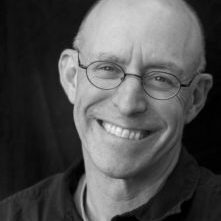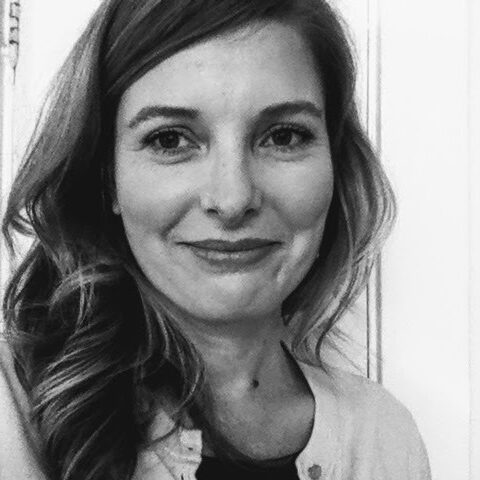About the Food Fellowship
Between 2013 and 2022, the UC Berkeley Graduate School of Journalism offered ten $10,000 postgraduate Food and Farming Journalism Fellowships per year in a program established by Michael Pollan, Professor Emeritus at UC Berkeley and fellowship director Malia Wollan. The fellowships have given some 100 journalists an opportunity to report ambitious long form print and audio stories on the full range of subjects under the rubric of food systems: agricultural and nutritional policy, the food industry, food science, technology and culture, rural and urban farming, agriculture and the environment, food and climate change, global trade and supply chains, consolidation of the food system, and public health. The fellowship has been generously supported by a grant from The 11th Hour Project, a program of The Schmidt Family Foundation.
We are not currently offering any fellowships to journalists outside of the Graduate School of Journalism. We are continuing to offer support to student fellows at the Graduate School of Journalism interested in pursuing food system and environmental reporting through summer internships, reporting stipends, scholarships and funding for classes.
Our People

Michael Pollan
Michael Pollan is Emeritus Professor at the graduate school at UC Berkeley and the author of nine books, including How To Change Your Mind and This is Your Mind on Plants. His previous books include Cooked, Food Rules, In Defense of Food, The Omnivore’s Dilemma and The Botany of Desire, all of which were New York Times Bestsellers. The Omnivore’s Dilemma was named one of the ten best books of the year by both The New York Times and The Washington Post. Pollan teaches journalism in the English department at Harvard University and at UC Berkeley’s Graduate School of Journalism.

Malia Wollan
Malia Wollan is director of the UC Berkeley-11th Hour Food and Farming Journalism Fellowship at UC Berkeley’s Graduate School of Journalism. She is a contributing writer at The New York Times Magazine. Her work has also appeared in The Wall Street Journal, The New York Times, National Public Radio, KQED, New York Magazine, Fast Company, the Associated Press, PBS’s Frontline/World and elsewhere.
